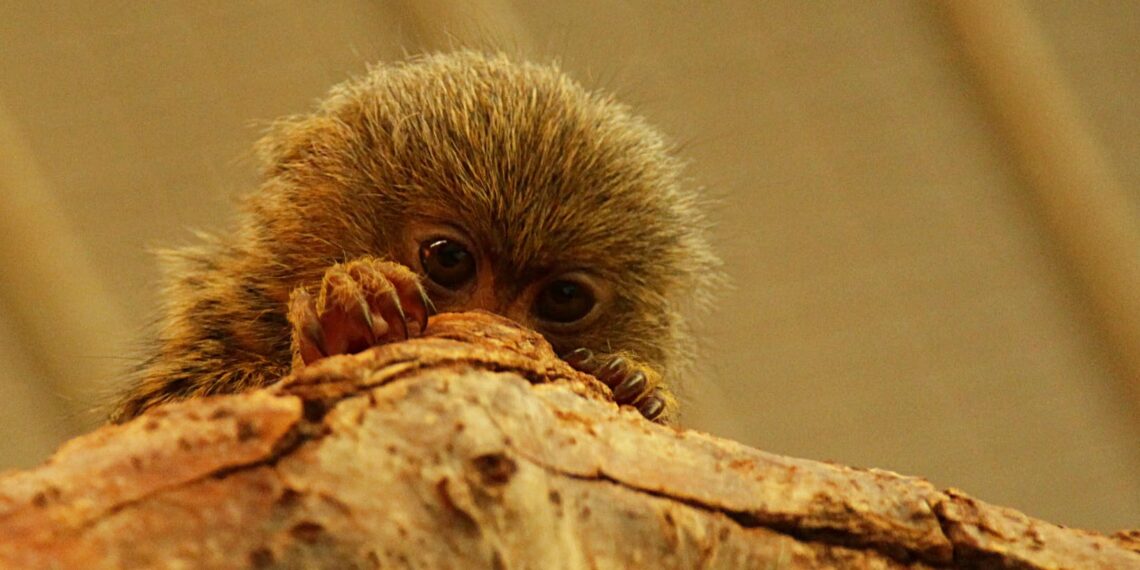Conservation Efforts Have Been Effective in
I’ve spent a considerable amount of time researching and studying the impact of conservation efforts worldwide. It’s become increasingly clear that these efforts are making a tangible difference in preserving our planet’s biodiversity and natural resources. We’re beginning to see evidence that certain endangered species are experiencing population recoveries, forests are being revitalized, and bodies of water are gradually becoming less polluted.
There’s no denying that we’ve got a long way still to go but there’s enough data out there to confirm conservation works when it’s carried out diligently and systematically. From successful wildlife reintroduction programs to effective anti-poaching measures, numerous instances demonstrate how targeted actions can turn around dire situations for the better.
To give you an idea about some specific examples, let me share just a few success stories. The giant panda population has begun to increase in China thanks to extensive bamboo reforestation projects. In North America, concerted effort has brought back the American bison from the brink of extinction. Even coral reefs, some of our most vulnerable ecosystems, have shown signs of recovery when protected areas are established and enforced properly. These cases underscore the fact that conservation isn’t just wishful thinking – it delivers real results.
The Importance of Conservation Efforts
I’ve often found myself marveling at the beauty and complexity of our natural world. From the lush, green forests that blanket mountainsides to the vast, blue oceans teeming with life, it’s clear that we live on a planet rich in biodiversity. But these resources aren’t infinite – they’re fragile ecosystems that need protection. This is where conservation efforts come into play.
You see, conservation isn’t just about protecting cute animals or stunning landscapes – although those are certainly important aspects. At its core, it’s about ensuring the survival and well-being of all organisms by maintaining balanced ecosystems. It plays a pivotal role in preserving biodiversity which keeps our planet healthy.
Consider this: Without adequate conservation measures, we risk upsetting the delicate balance of nature and triggering a domino effect of negative consequences. For instance, when a species goes extinct due to habitat loss or overhunting, its absence can affect countless other species within the same ecosystem leading to an overall decline in biodiversity.
As you can see from these figures taken over two decades, there has been an increase in extinction rates despite global attempts at conservation.
But don’t get me wrong here; I’m not saying that conservation efforts have failed us completely. In fact, they’ve made significant strides in protecting certain species from brink of extinction like California Condors and Black-Footed Ferrets – both were nearly wiped out but thanks to concerted efforts by various organizations they’re now slowly recovering.

So yes! Conservation matters more than ever before! We must rally behind these initiatives because without them we risk losing irreplaceable parts of our natural heritage forever.
- Protection: Conservation helps safeguard vulnerable species from threats like habitat destruction, climate change, and poaching.
- Preservation: It ensures that future generations can enjoy the beauty and benefits of a diverse natural world.
- Balance: Maintaining biodiversity helps keep ecosystems stable – disruptions can lead to disastrous consequences.
In essence, conservation is about coexistence. It’s about us humans sharing this beautiful planet with millions of other species. And while we’ve made some mistakes in the past – overexploitation, pollution, habitat destruction – it’s not too late to make amends. That’s why conservation efforts are not just important; they’re essential for our future survival.
Understanding the Current Status
Let me dive right into the heart of our topic. Conservation efforts across the globe have seen varying degrees of success. It’s essential to understand where we currently stand in this vast endeavor.
One area that’s shown considerable progress is marine conservation. A report by Oceana indicated a significant increase in protected marine areas, from just 1% in 2000 to about 7% today – an impressive leap forward but still short of the globally agreed target of 10%. However, it isn’t all smooth sailing here. There are challenges too, like illegal fishing and pollution, that continue to threaten these hard-won gains.
The story changes again when we look at wildlife conservation though. Despite substantial efforts and investment into protection measures for endangered species – think gorillas or tigers – their numbers continue to dwindle predominantly due to habitat loss and poaching.













